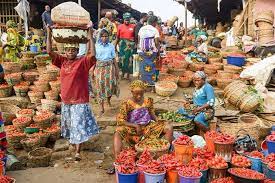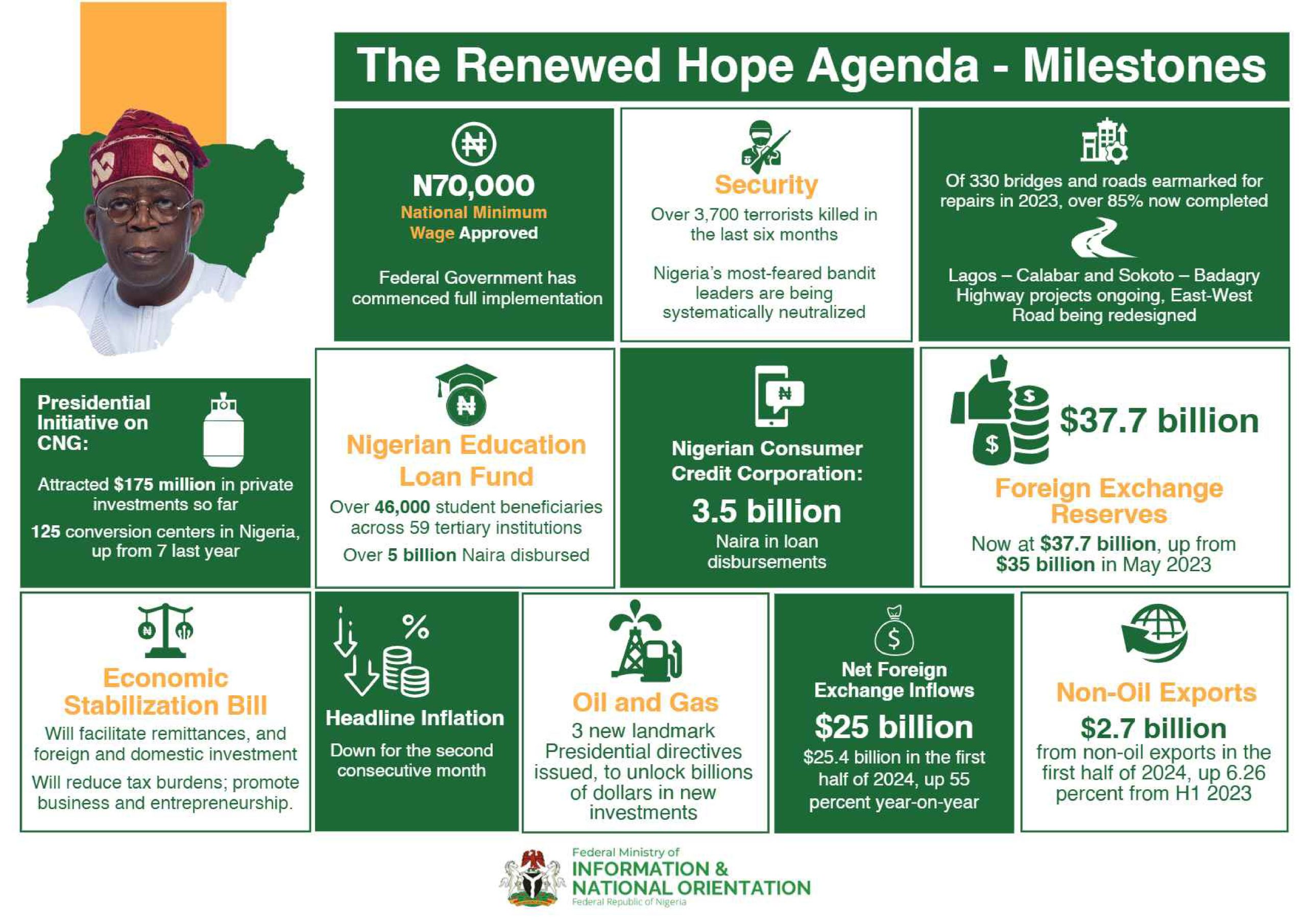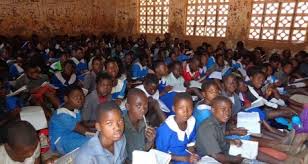Nigeria is grappling with an escalating food security crisis, as more than one million additional citizens now face severe food insecurity in 2024 compared to the previous year.
This alarming revelation comes from the latest Food Security Update Report published by the World Bank.
The report highlights that Nigeria, alongside Ethiopia and Yemen, has seen a dramatic surge in the number of individuals suffering from acute food shortages. Specifically, it indicates that over 172 million Nigerians are unable to afford a healthy diet, exacerbating the already dire situation.
“Conversely, some countries have reported improvements,” the report noted. Nations like Afghanistan, Guatemala, and Kenya have experienced declines in food insecurity, although they still grapple with significant challenges.
The World Bank attributed Nigeria’s deteriorating food security primarily to a combination of climate-induced disruptions and socio-political instability. “In Nigeria, an estimated 1.6 million hectares of land have been inundated, including 342,650 hectares of cropland,” the report states.
This flooding has left approximately 685,770 vulnerable individuals in dire need of assistance.
Also, the report draws attention to the adverse effects of droughts impacting northern and northeastern Nigeria, further straining agricultural productivity.
“In total, floods and droughts have affected about 3.5 million people, necessitating immediate emergency support,” it added. Estimates suggest that around $50 million is urgently required to assist 760,200 affected communities in meeting their basic food needs.
The current economic landscape paints a grim picture, with domestic food price inflation in Nigeria hitting a staggering 37.5% year-on-year as of August 2024.
READ ALSO: FG Donates 6,000 Tonnes Of Food Items, 2,000 Water Pumps To Borno Flood Victims
This surge in food prices has significantly strained household incomes, making it increasingly challenging for low-income families to access essential food items.
The World Bank has called for “urgent intervention” to address the immediate food needs of affected populations while underscoring the necessity of long-term solutions to bolster resilience against future climate shocks.























